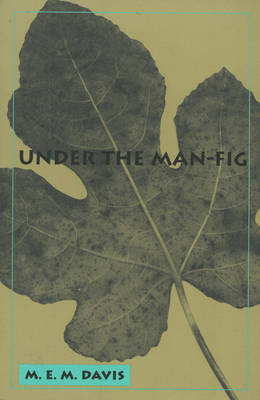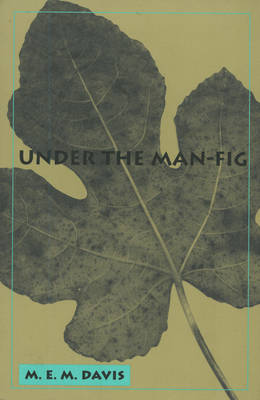
- Afhalen na 1 uur in een winkel met voorraad
- Gratis thuislevering in België vanaf € 30
- Ruim aanbod met 7 miljoen producten
- Afhalen na 1 uur in een winkel met voorraad
- Gratis thuislevering in België vanaf € 30
- Ruim aanbod met 7 miljoen producten
Zoeken
€ 22,45
+ 44 punten
Omschrijving
The huge man-fig tree that sits on the town square in the fictional Coastal Bend town of Thornham (probably West Columbia) is the gathering place for the town's male gossips. Under this tree reputations are made and broken, rumors are spread, and a twisted folk history of the town is created. Under the Man-Fig, by Mollie Moore Davis, a popular late-nineteenth century poet, novelist, and historian, is part romance, realism, color, and satire. The idea that men are the purveyors of gossip rings a change on the usual cliché that women are the worst rumor-mongers. Davis' main characters, drawn mostly from Victorian romance, are true to the genre, and her African Americans borrow heavily from the moonlight-and-magnolias format of many novels about the Old South. But there are many things in the novel that make it important to early Texas writing. The Juneteenth scene with its interesting "center figger" captures a part of folklore not often seen. And the flavor of life just north of the Texas Gulf Coast is rarely captured in fiction. In 1895, the year Under the Man-Fig was published, there was not a large body of Texas writing besides the Wild West tales published in dime novels. Davis' novel was more realistic than the shoot-em-ups that featured bold cowboys and degenerate or bloodthirsty Indians. Davis' mixture of realism and romance appealed to the audience of the times but has long since been overwhelmed by the Texas of the wild frontier.
Specificaties
Betrokkenen
- Auteur(s):
- Uitgeverij:
Inhoud
- Aantal bladzijden:
- 324
- Taal:
- Engels
- Reeks:
- Reeksnummer:
- nr. 28
Eigenschappen
- Productcode (EAN):
- 9780875652221
- Verschijningsdatum:
- 1/03/2000
- Uitvoering:
- Paperback
- Formaat:
- Trade paperback (VS)
- Afmetingen:
- 114 mm x 173 mm
- Gewicht:
- 326 g

Alleen bij Standaard Boekhandel
+ 44 punten op je klantenkaart van Standaard Boekhandel
Beoordelingen
We publiceren alleen reviews die voldoen aan de voorwaarden voor reviews. Bekijk onze voorwaarden voor reviews.











